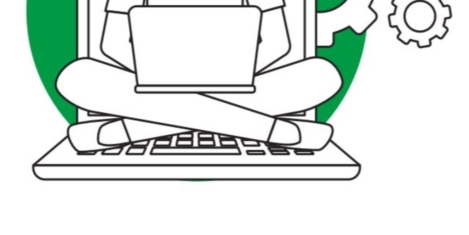To provide the best experiences, we use technologies like cookies to store and/or access device information. Consenting to these technologies will allow us to process data such as browsing behaviour or unique IDs on this site. Not consenting or withdrawing consent, may adversely affect certain features and functions.
The technical storage or access is strictly necessary for the legitimate purpose of enabling the use of a specific service explicitly requested by the subscriber or user, or for the sole purpose of carrying out the transmission of a communication over an electronic communications network.
The technical storage or access is necessary for the legitimate purpose of storing preferences that are not requested by the subscriber or user.
The technical storage or access that is used exclusively for statistical purposes.
The technical storage or access that is used exclusively for anonymous statistical purposes. Without a subpoena, voluntary compliance on the part of your Internet Service Provider, or additional records from a third party, information stored or retrieved for this purpose alone cannot usually be used to identify you.
The technical storage or access is required to create user profiles to send advertising, or to track the user on a website or across several websites for similar marketing purposes.
 Any survey that sets out to establish what people believe cuts their productivity and annoys them most about their workplace almost invariably throws up the same result; the noise and distractions generated by other people. So it will come as no surprise to learn that the same surveys usually find that employees believe that peace and quiet and freedom from distractions is the most important factor when it comes to getting some decent work done. (more…)
Any survey that sets out to establish what people believe cuts their productivity and annoys them most about their workplace almost invariably throws up the same result; the noise and distractions generated by other people. So it will come as no surprise to learn that the same surveys usually find that employees believe that peace and quiet and freedom from distractions is the most important factor when it comes to getting some decent work done. (more…)












 Despite
Despite 
 BSRIA has launched a new guide that aims to inform those involved in the design, construction and operation of a building about how an effective Business-Focused Maintenance (BFM) regime can be developed and achieved through the Soft Landings approach. The topic guide on Soft Landings and BFM is written as an ‘at a glance publication’ to give readers a glimpse of the subject and recommends further reading.
BSRIA has launched a new guide that aims to inform those involved in the design, construction and operation of a building about how an effective Business-Focused Maintenance (BFM) regime can be developed and achieved through the Soft Landings approach. The topic guide on Soft Landings and BFM is written as an ‘at a glance publication’ to give readers a glimpse of the subject and recommends further reading. 


















June 14, 2019
Help on returning to work after cancer
by Christine Husbands • Comment, Wellbeing